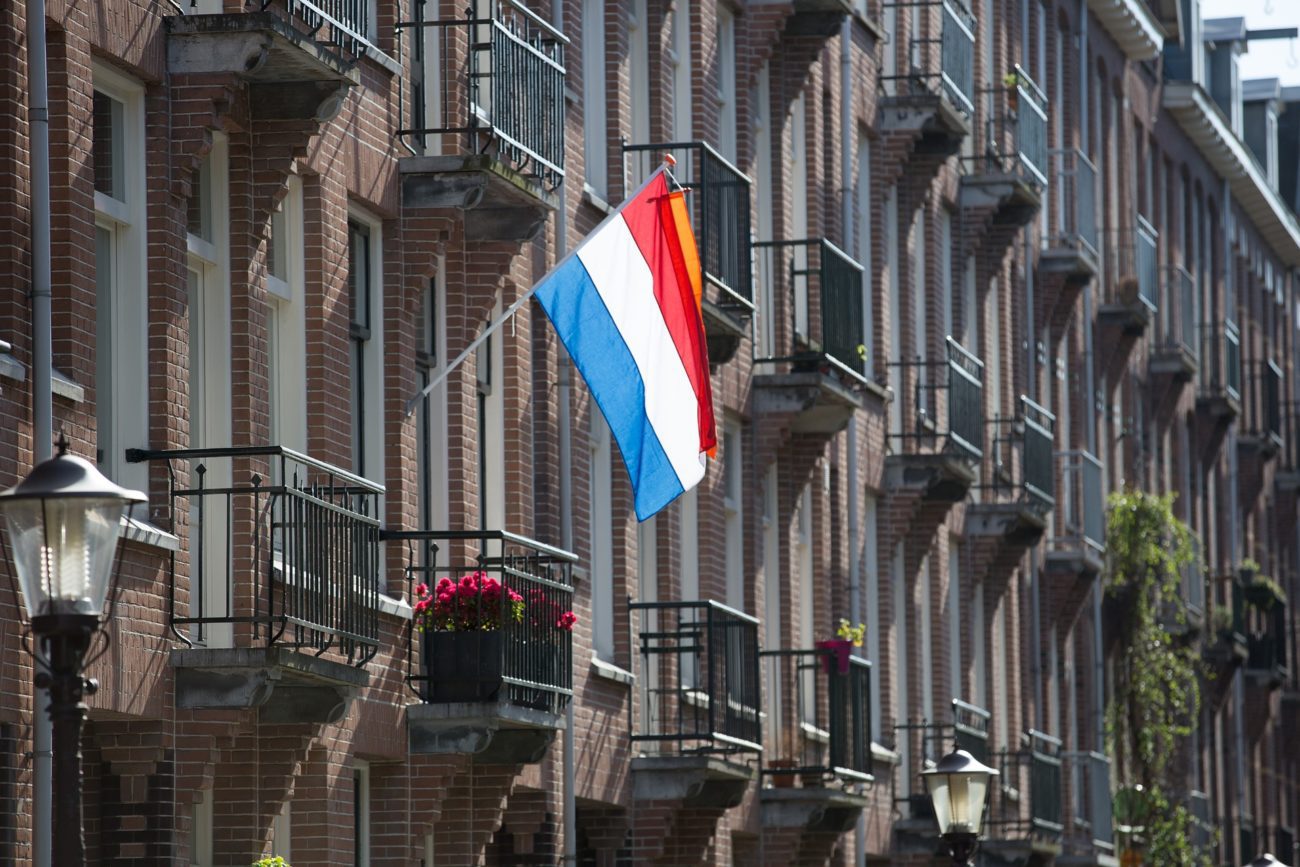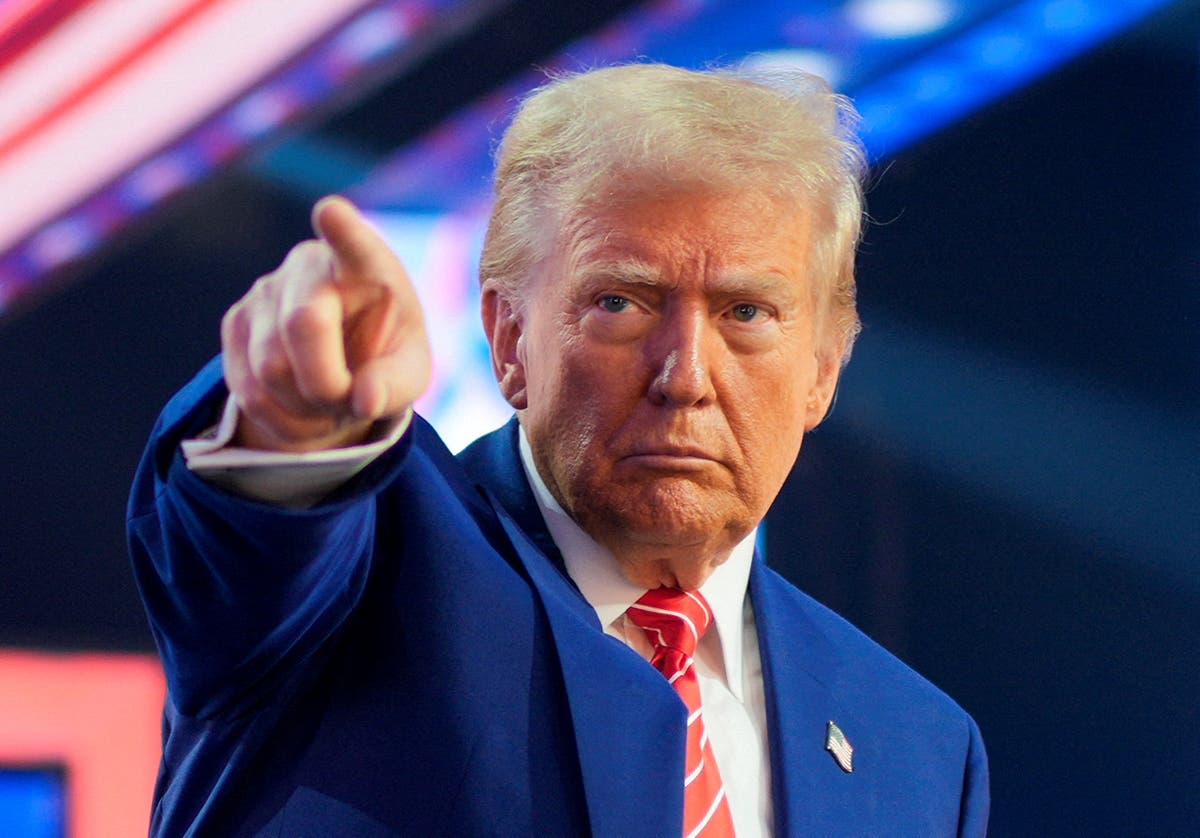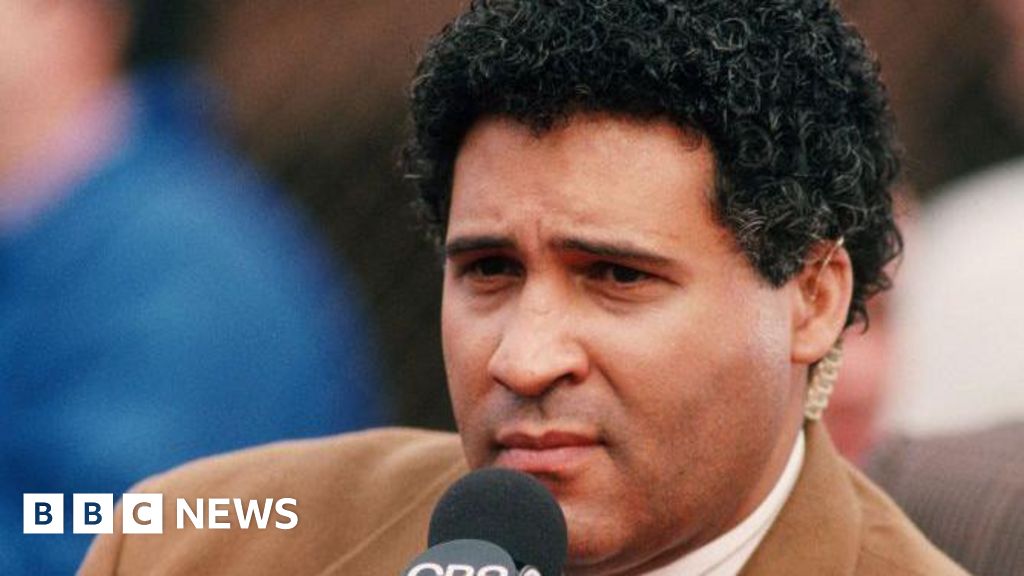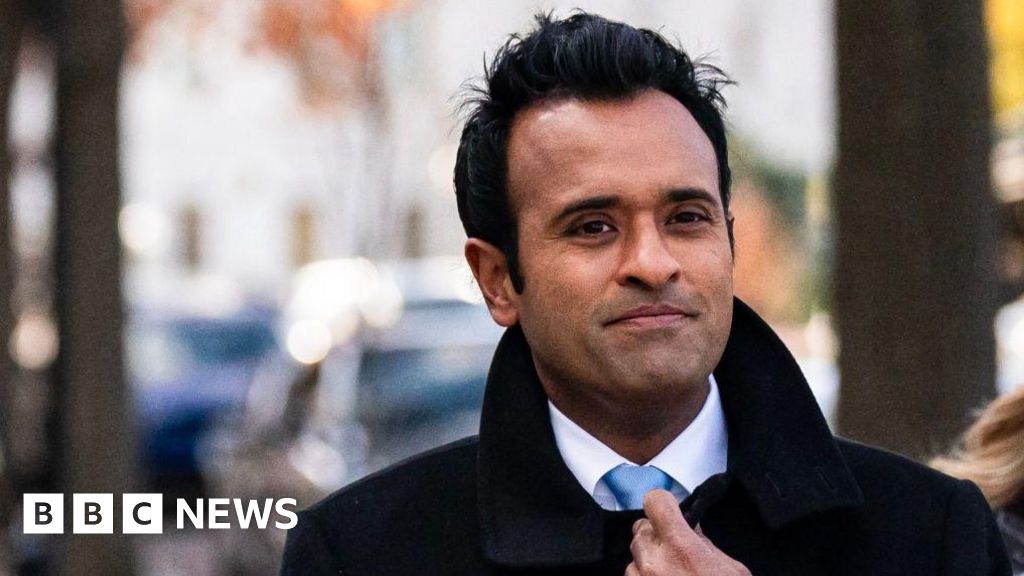Gambling
Dutch trade bodies step up illegal online gambling fight with reporting portal

Two Dutch operator associations have partnered to launch a new reporting system to identify and tackle illegal online gambling in the country.
Announced yesterday (25 November), the Meld Vals Spel (the Reporting Point for False Gambling) is now active and accessible at Meldvalsspel.nl. It is open to members of the Netherlands Online Gambling Association (NOGA) and Vergunde Nederlandse Online Kansspelaanbieders (VNLOK) as well as other licensees, partner organisations and professional stakeholders.
Users can report unsafe practices and activities across illegal gambling websites or apps. This includes a lack of player protection, offering excessive bonuses and no blocks on underage players.
Meld Vals Spel aims to gain a better understanding of how illegal brands operate, VNLOK and NOGA explained. This, the two bodies add, will allow for a more effective approach to illegality and the protection of vulnerable players.
VNLOK and NOGA believe the portal will help highlight the risks of illegal gambling, and ensure illegal operators are punished. Meld Vals Spel will flag illegal activities to regulator Kansspelautoriteit (KSA), politicians and social media platforms.
VNLOK and NOGA take aim at illegal competitors
Commenting on the new scheme, Helma Lodders, chair of VNLOK and Eric Konings, acting director of NOGA, said it supports the KSA’s efforts to stamp out unlicensed gambling.
“Licensed providers of online gambling have a joint responsibility to offer players a legal, safe and responsible offer,” Lodders and Konings said in a joint statement. “This often goes well, but it can also be improved. We are working hard on this every day.”
They pointed to recent research from the affiliate compliance specialist Quality Mark Responsible Affiliates. This shows at least 270,000 Dutch consumers end up on illegal websites via Google every month. These unlicensed operators often target self-excluded players, the research suggests.
“Many Dutch people still come into contact with illegal gambling sites and apps,” Lodders and Konings continued. “These illegal parties actively respond to the increasingly strict Dutch regulations by, for example, advertising on search terms such as ‘playing without limits’ or ‘playing without Cruks.
“In doing so, they specifically attract vulnerable players. These types of illegal practices endanger the safety of players and must be tackled firmly.”
Ongoing calls for tougher black market monitoring efforts
The new scheme comes after VNLOK and NOGA last month called for increased monitoring of the black market. This came in the wake of new KSA data suggesting channelisation rates fall below expectations.
The current Dutch online gambling channelisation is at 95%, according to KSA data. However, data on Dutch player spend and revenue suggests the rate is closer to 87%, as consumers spend more on illegal sites.
Earlier this month, a government-led review of current regulations in the Netherlands found measures to encourage responsible gambling and help protect players from harm are not sufficient and failing.
Announced in September, the review focused on the Remote Gambling Act and its first three years since coming into law. It concluded the Act has not yet created a sustainable and safe market in line with original policy aims.
Standout concerns relate to responsible gambling, with, current measures not up to scratch and need improving. Concerns were also raised over the effectiveness of spending limits, advertising and overall enforcement of the illegal market.
Illegal market grows as regulated licensee numbers dwindle
This comes amid efforts to tighten controls on legal operators, which are pushing brands from the market. Following a ban on ‘untargeted’ advertising, deposit limits and even talk of a slot ban, an increased tax rate has proved the final straw for some licensees.
After Flutter’s Tombola withdrew from the Dutch market in September, LiveScore Bet announced earlier this month it would follow by 29 November. The tax rate simply meant the Netherlands was no longer viable as a market, LiveScore Group CEO Sam Sadi said at the time. This means two of the first ten companies to be licensed in the market have now withdrawn.










